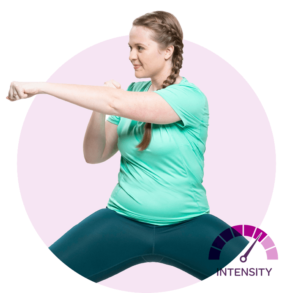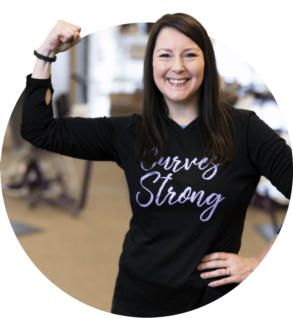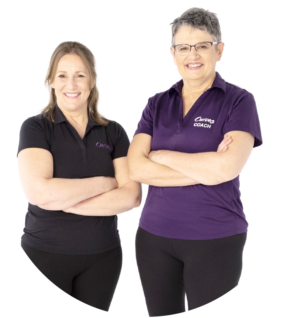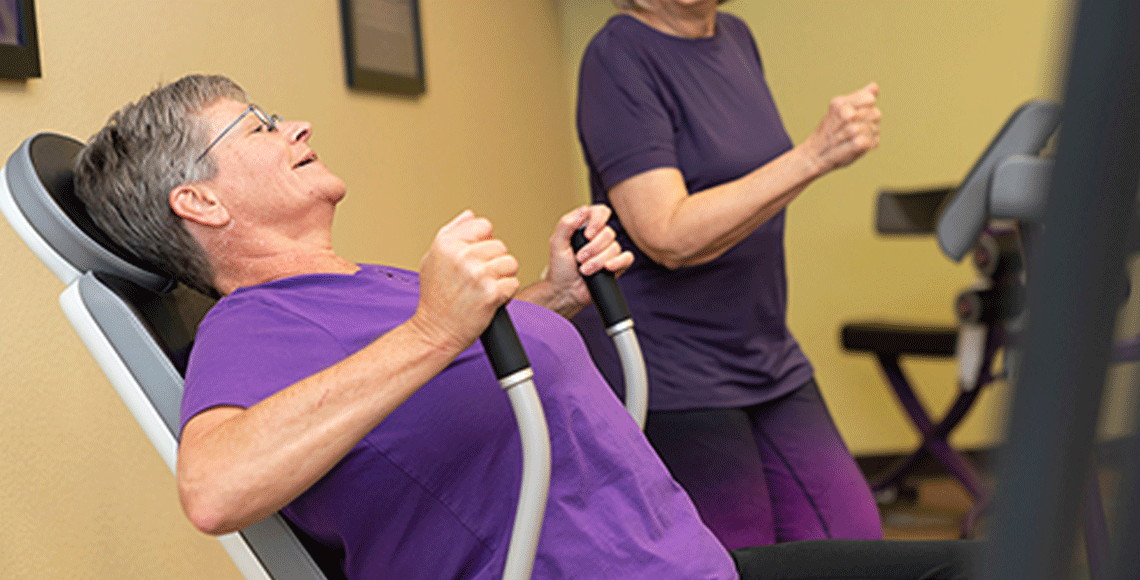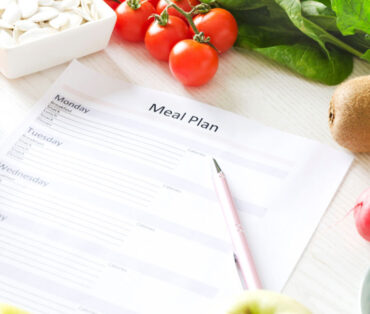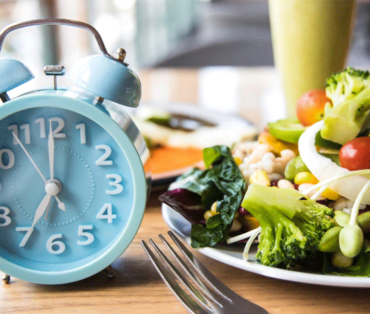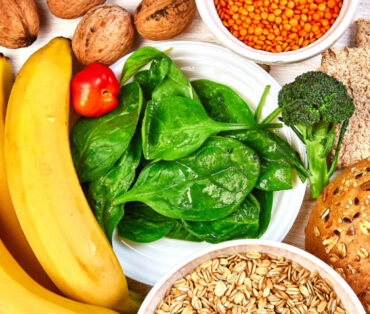Keeping your Weight Up Later in Life
In the health and fitness arena, we often hear about achieving a “healthy weight.” You may immediately assume a healthy weight means as low as you can go, but this isn’t always the case. For optimum health, you must go with the Goldilocks rule: Not too heavy, not too light, just right.
Thankfully, when it comes to figuring out what constitutes a healthy weight, we have a guide—something called Body Mass Index (BMI).
Body Mass Index—a person’s weight in kilograms divided by the square of height in metres—gives a good indication of body fat. As such, health care professionals use BMI to identify overweight, obese and underweight individuals. A BMI over 24.5 is considered overweight, and underweight is lower than 18.5.1
Some of us are lucky enough to hover around the same BMI for our entire lives, but the typical pattern of women’s weight gain goes like this: as you gain in years, you may also start to notice you gain in kilograms. Weight gain tends to accelerate in middle age, as our hormones levels shift and our metabolisms slow down. For many women, this is the point in their lives when they start to kick things into gear with a workout routine and healthy eating plan. Some, with the help of a supportive ladies only gym.
For some, weight goes down and sometimes can even drop too low. Just like it’s critical to lose weight if your BMI goes too high, it’s important to gain and maintain weight if that number drops
What Causes Weight Loss in Seniors?
When a senior woman (older than 65) loses weight after starting a weight loss diet and exercise program, there’s little cause for concern. After all, your weight results from your balance of calories in versus calories burned; when you burn more than eat, typically you’ll lose weight, no matter what your age.
When that weight loss is unintentional, however, a trip to the doctor is in order. The most common reasons for unplanned weight loss are diseases of the digestive system, cancer, medication side effects, and a change in the senior’s diet due to psychological changes.2 And others just find their appetite isn’t what it used to be.3
In some women, a healthy eating plan and exercise routine go too far. If you focus too much attention on your body and your weight, you may develop a love-hate relationship with food and lose too much weight, which can be just as unhealthy for your body as too much.
Most health care professionals agree that unplanned weight loss is concerning when a person loses more than 5 percent of her body weight within six months to a year. For example, if you weigh 160 pounds, losing more than eight pounds without trying would warrant a trip to the doctor.4
No matter what the reason, planned or unplanned, too much weight loss in an older person should not go unchecked. Senior nutrition is just as important as it is in other stages of life and being chronically underweight can make an existing medical condition worse, limit wellbeing and ability to complete day-to-day tasks, and increase risk for depression.5
How Can I Avoid Weight Loss?
If you or a loved one of an older age has lost weight, there are actions you can take. The best way to approach weight gain for seniors is the same way to approach it at any age—to choose a healthful diet plan for women and start eating more. Here are some specific tips on weight gain for the elderly:
Fatten up your foods.
To beef up senior diet and increase calories, choose foods high in healthful fats. Add a few extra dashes of olive oil to your dishes, use avocado in sandwiches and salads, toss nuts and seeds in your salads, and add dried fruits and nuts to homemade breads and baked goods.6
Add a little at each meal
For a higher total daily calorie intake, try adding a little something to each meal. After your breakfast eggs or cereal, have wholemeal toast topped with peanut butter. With your soup and salad for lunch, add a serving of wholemeal pasta salad topped with walnuts. And to round out your dinner, enjoy a bowl of peaches topped with coconut and low-fat whipped cream.7
Avoid low calorie snacks
Sounds strange to steer clear of carrot sticks and celery, but in terms of weight gain for seniors, these snacks can fill you up unnecessarily. Instead, munch on higher calorie, higher fat snacks—think dark chocolate, hard boiled eggs, pistachios, and cheese.
Pound a protein shake
Protein is important for preserving some of the muscle mass we lose as we get older. This muscle loss may contribute to weight loss as we age. To get adequate protein and some extra calories, too, try a protein shake. Whey is the most popular protein ingredient, but you can also get shakes made from non-dairy sources, such as soy, egg, pea, brown rice, and vegan seeds. Tasty and easy to drink, these shakes contain up to 40 grams of protein and are sometimes fortified with other vitamins and minerals, too.
When it comes to senior nutrition, there are also some things to watch out for in protein shakes. Some contain high levels of vitamin K, which can interfere with blood thinning medications. Others contain caffeine and other stimulants, which can cause headaches, heartburn, irritability, and an increased heart rate. Talk to your doctor before you try a protein shake to make sure you choose one that’s best for you.8
Consult Curves
As part of your membership, Curves Nutrition and Weight Management Program offers a wealth of advice on weight management and meal plans. The Curves Nutrition and Weight Management Program Meal Plan is personalised and customisable and encourages the right foods for senior diets—lean proteins, healthy fats, fibre, and complex carbohydrates. The meal plan also goes hand-in-hand with the strength training workout at Curves women’s gym, to help you gain weight by building and preserving muscle. Curves helps clients lose weight, and they can help them gain weight, too.9
Sources:
- Body Mass Index (BMI)
- Unintentional Weight Loss in Older Adults
- Keeping your weight up in later life
- Unexplained weight loss
- Healthy Weight Gain for Older Adults
- Ask the experts: Gaining weight for seniors
- Ask the experts: Gaining weight for seniors
- Whey Protein Shakes May Help Build Muscle Mass in Seniors
- About Curves Nutrition Program


